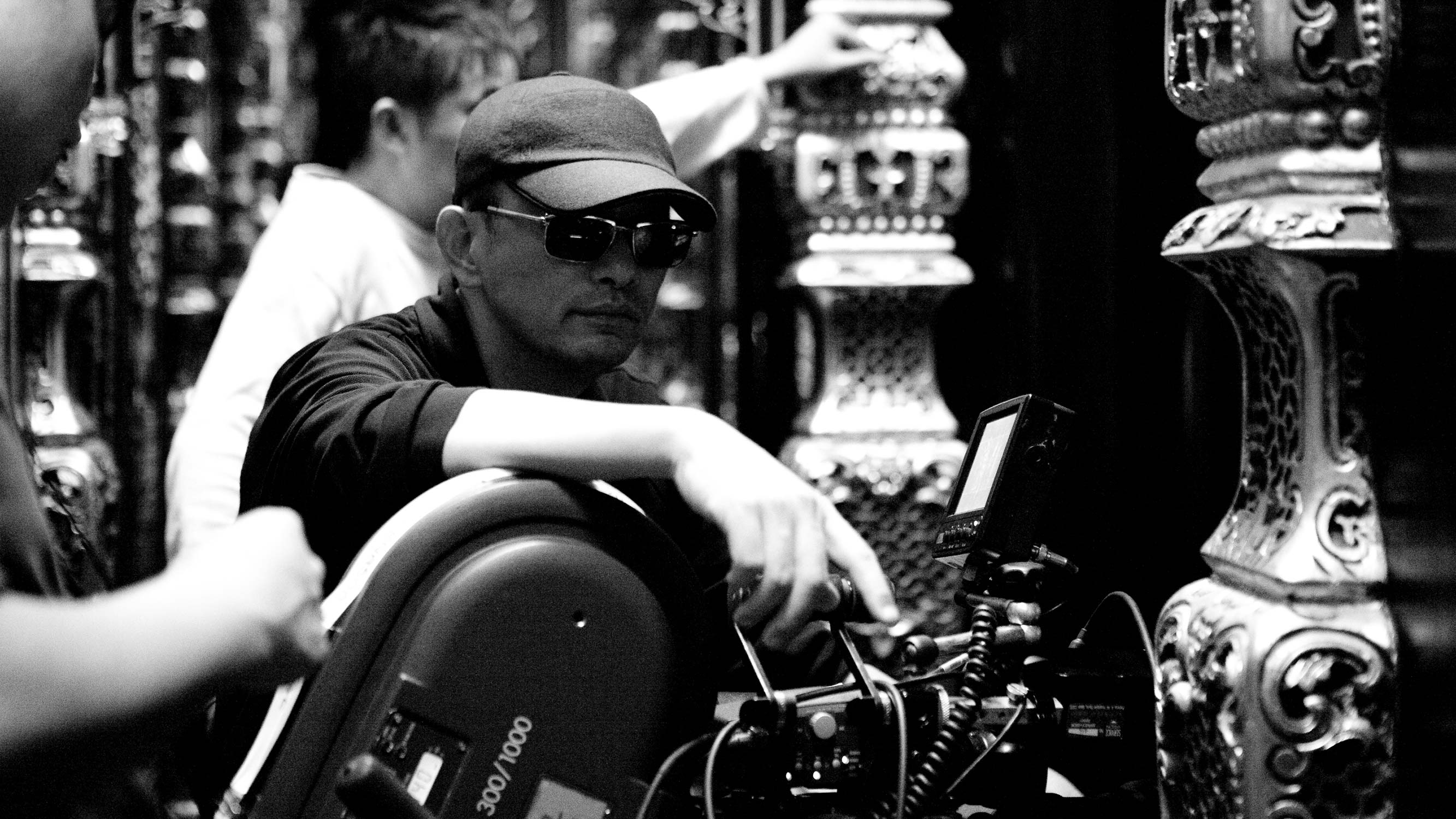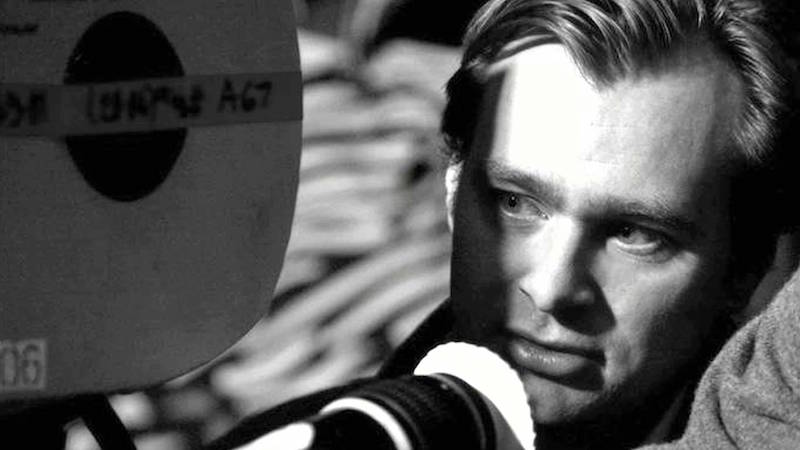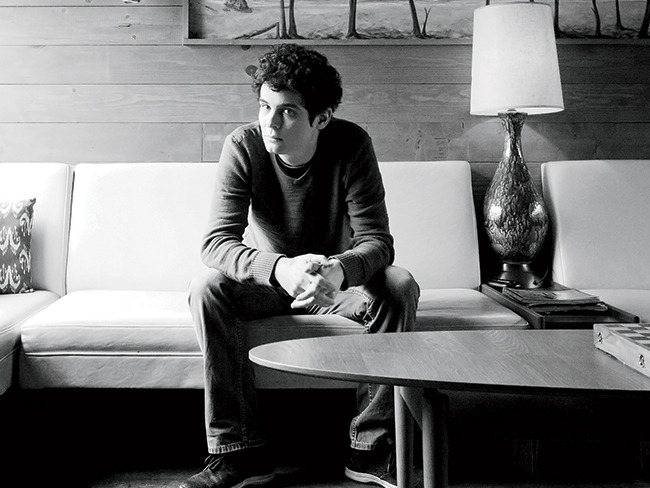In the mid-80s, Hong Kong Cinema witnessed the surge of a group of young filmmakers, who were sensitive to new technology, the complex Sino-British diplomatic relations of the Hong Kong, and most importantly, the cosmopolitan, multi-cultural identity crisis of its inhabitants. Among them were Stanley Kwan, Mabel Cheung, Alex Law, Fruit Chan, Peter Chan, and Tammy Cheung. But, one man stood out in the league and conquered the western audience with his philosophical and poetic approach to filmmaking and in no time Wong Kar Wai was crowned as a contemporary master in the world cinema.
Forbidden love, loneliness, reminiscence of the past and melancholic nostalgia are some of the recurring themes in Wong Kar Wai movies. With his unique filmmaking style, Wong Kar Wai carved a niche in the West and influenced Hollywood filmmakers like Quentin Tarantino, who called Won Kar Wai movies very recharging and distinct from the American Cinema. Wong Kar Wai started his filmmaking career with the Hong Kong gangster flick As Tears Go By in 1988. Not only the movie breathed fresh air into the Hong Kong Cinema, it revealed almost all the signature elements of Wong Kar Wai’s filmmaking style.
The Art Of Seeing Through Emmanuel Lubezki’s Lens
Most of his films depict gangsters torn between crime and conscientious love, the frenetic, crazy cosmopolitan life of Hong Kong and the bonds tangling and untangling in this emotional and melancholic labyrinth of the cityscape. He carefully uses fluid camera movements and the soulful soundtrack to lift the mood of the sequences. Wong Kar Wai also prefers to work with a regular list of actors whenever it is possible. His major movies are Days of Being Wild (1990), Ashes of Time (1994), Chungking Express (1994), Fallen Angels (1995), Happy Together (1997), 2046 (2004) and The Grandmaster (2013).
The most haunting technique of Wong Kar Wai is the troughs of silences, he creates unexpectedly during the narration. A sudden appearance of such silences pushes the audience into a lost feeling of loneliness and forlornness along with the characters. Those characters live a lonely life in tiny, enclosed spaces in a buzzing metropolis around them and become perplexed when they fall in love. No other filmmakers in the world could capture loneliness like Wong Kar Wai and his intense portrayal of the characters leaves an indelible mark on the viewers.
The Cloud Capped Star, Glimpses Of Ritwik Ghatak’s Cinema
Wong Kar Wai characters prefer not to reveal their inner thoughts with the fellow characters, but to the audience through intimate and long monologues. This tool helps his movies to establish a very personal and intimate bond with the viewers. Wong Kar Wai is aware of people’s need to recapture the past in order to move on to the future and he makes the present a harbinger for that process. “Some people make films to provide answers, but the way I make films are like posting questions,” Wong Kar Wai rounded up the video in his characteristic style.
Written By: Ragesh Dipu




